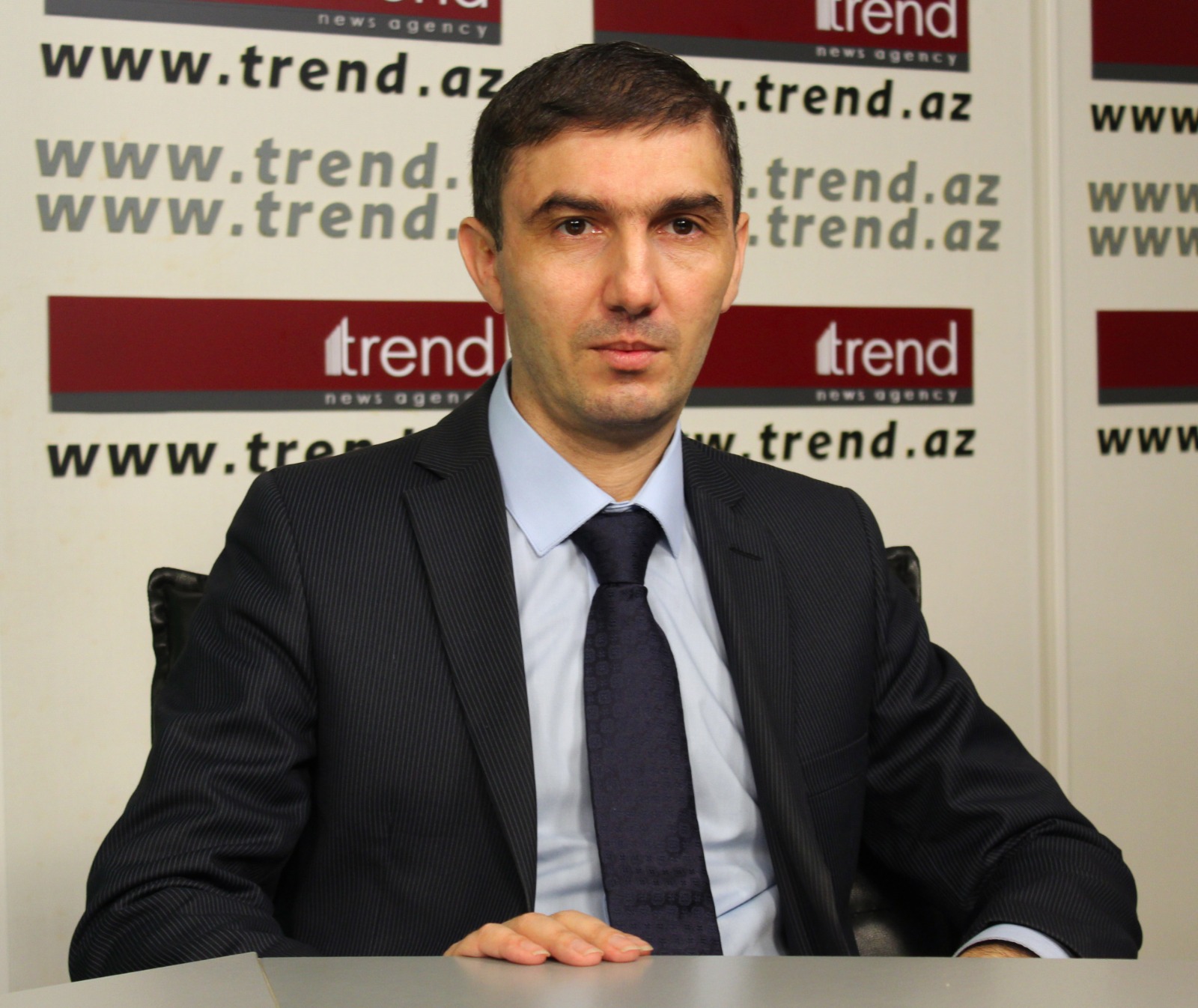BAKU, Azerbaijan, May 24. President of Azerbaijan Ilham Aliyev met with President of the European Union (EU) Council Charles Michel and Armenian Prime Minister Nikol Pashinyan on May 22 in Brussels, Trend reports.
Following the meeting, Michel made a press statement fully coinciding with the position of Azerbaijan.
Azerbaijani MP Sevinj Huseynova commenting on the meeting characterized its results as another successful step towards the signing of a peace treaty and the establishment of peace [between Armenia and Azerbaijan].
"The meeting, which lasted nearly five hours, was held on the basis of the five principles of Azerbaijan, consistent with international standards, the UN Charter, and the Helsinki Final Act,” Huseynova said. “Another important point of this meeting is that the talks were held in a format meeting the national interests of Azerbaijan.”
“During the meeting, the expression "Nagorno-Karabakh" wasn’t mentioned, but instead only the issue of the rights of the Armenian residents living in Azerbaijan was raised,” she reminded. “The Azerbaijani side always declares that the rights of the Armenian residents, as well as other national minorities living in Azerbaijan, are protected, and their security is guaranteed by the state.”
The MP noted that one of the important issues raised at the meeting was the delimitation of borders. At the same time, the parties discussed humanitarian issues, including those related to mine clearance and the fate of missing persons, including up to 4,000 Azerbaijani citizens who went missing during the first Karabakh war [in the 1990s].
Besides, according to Huseynova, discussions were held on opening a corridor between the main part of Azerbaijan and Nakhchivan and an agreement was reached.
"This meeting was another political and diplomatic success of Azerbaijani President Ilham Aliyev. The meeting was effective in terms of establishing peace and ensuring security in the region," added the MP.
Another MP Elshan Musayev said that the latest trilateral meeting in Brussels was memorable for its results.
"The interests of the Azerbaijani side were seriously taken into account during the meeting again. The very fact that it lasted nearly five hours betokens conducting of a large-scale exchange of views and discussions," Musayev noted.
He also said that during the talks, the expression "Nagorno-Karabakh" wasn’t mentioned, serious discussions related to the peace treaty and a wide exchange of views on the continuation of work on the opening of communications, the implementation of the Zangazur corridor, the regulation of international transportation and other issues were conducted.
Besides, the MP emphasized that one of the important results in reaching an agreement on holding the first joint meeting of the border commissions which will deal with issues of border delimitation [between Azerbaijan and Armenia] and ensuring a stable situation. The agreement to continue meetings in the coming months also points to better results in the near future.
"The wise and purposeful policy of President Ilham Aliyev brought serious success to Azerbaijan at the latest meeting in Brussels, as well," he said.
According to MP Azer Badamov, one of the notable points of the meeting was the non-mentioning of the issue of the status of Armenian residents living in Karabakh.
He noted that one of the issues discussed was related to the demining of the territories liberated from Armenian occupation and the fate of the missing persons.
"Since the end of the second Karabakh War, more than 200 our citizens were seriously injured or killed as a result of mine explosions. According to international standards, in the post-war period, the victorious side should be presented with a map of mined territories to ensure the safety of the civilian population," Badamov said.
He added that the meeting parties discussed issues of holding joint meetings of border commissions, organizing the delimitation and demarcation process, opening communications, implementing the Zangazur corridor, organizing state border crossings and transit traffic within the framework of international norms, the continuation of the work of the economic advisory group to ensure economic development, and the issues of signing a peace treaty.
Armenian leadership accepted the new realities created by Azerbaijan, and resolution of the issues raised by it has no alternative, concluded Badamov.







